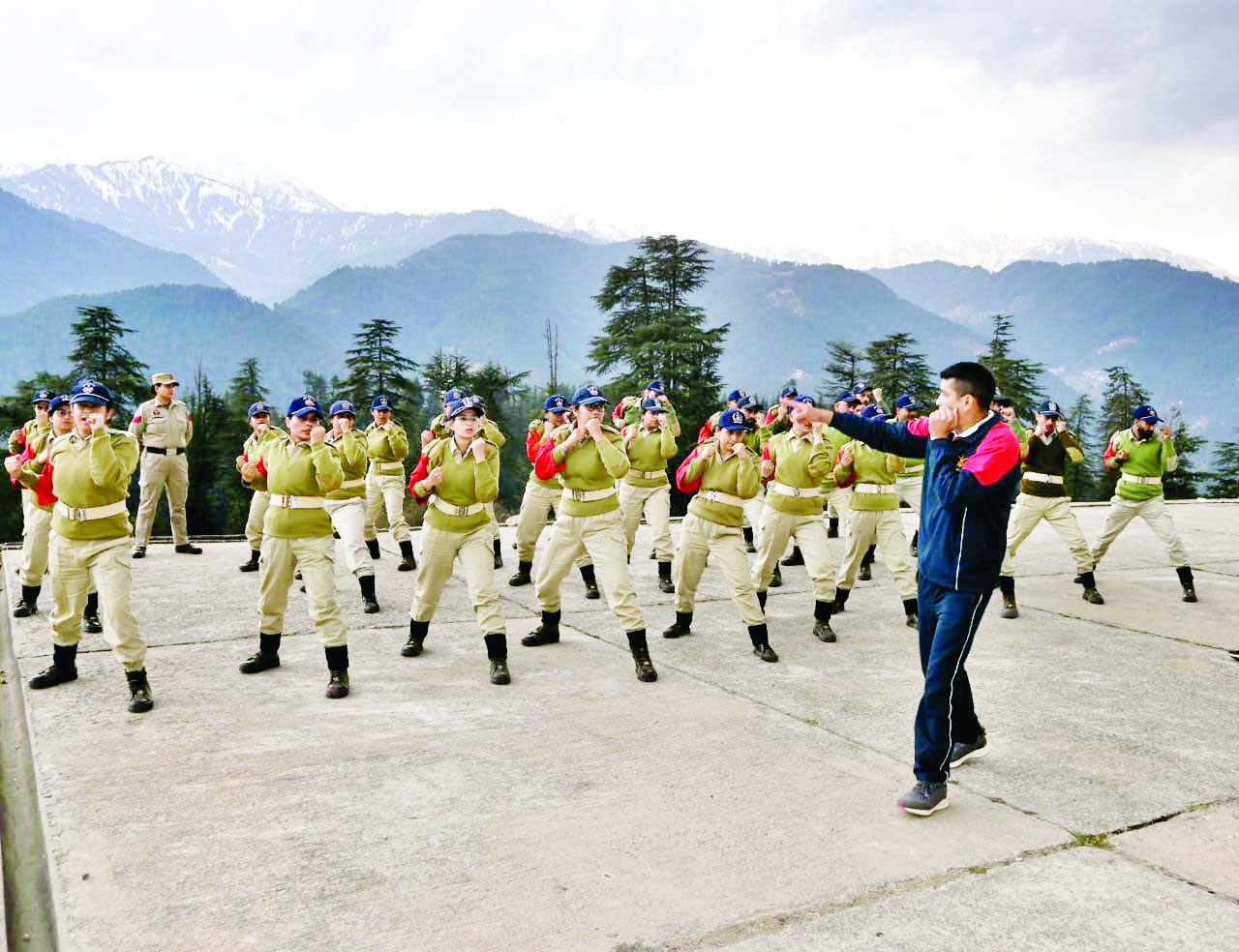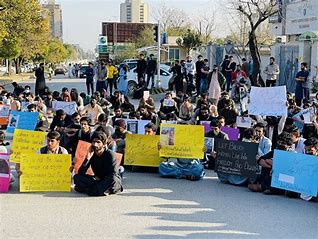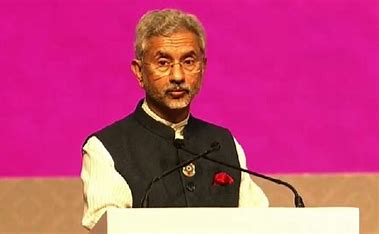
In a significant move aimed at recalibrating security dynamics in the region, the Indian Army has commenced a joint training program with the Jammu and Kashmir Police (JKP) at the White Knight Corps Battle School in Bhalra, Doda. This collaborative effort marks a pivotal step towards enhancing operational coordination between the two forces, signaling a potential transition of security responsibilities to local authorities.
The joint training program, inaugurated on 18th March, represents the first of its kind endeavor, aimed at bolstering the combined operational capabilities of both the Army and the JKP. With a focus on operational tactics, intelligence sharing, and counter-terrorism strategies, the initiative draws upon the extensive experience of the Army in combatting insurgency and terrorism.
Notably, the current batch of trainees comprises 62 deputy superintendents of police along with over 1,000 sub-inspectors, reflecting a diverse representation including significant participation from women in both ranks. This inclusivity underscores a broader commitment to fostering gender-inclusive security measures within the region.
Sources within the defense and security establishment have emphasized that the synergy achieved through this training endeavor is poised to contribute significantly to the restoration of peace and normalcy in Jammu and Kashmir. Furthermore, it is anticipated that this collaborative effort will empower the JKP as a more adept and proficient force, better equipped to address security challenges independently.
The joint training initiative coincides with recent statements from Union Home Minister Amit Shah, indicating plans to entrust the Jammu and Kashmir Police with a lead role in maintaining law and order within the Union Territory. Shah’s remarks underscore a broader strategy aimed at gradually withdrawing central forces, including the Army, while bolstering the capacity and capabilities of local law enforcement agencies.
In an interview with Gulistan News, Shah reiterated the government’s commitment to restoring normalcy in the region, affirming intentions to consider the revocation of the Armed Forces (Special Powers) Act (AFSPA) in line with evolving security dynamics. The potential removal of AFSPA would entail significant implications, signaling a shift in the operational framework and paving the way for a more localized approach to security governance.
As the security landscape continues to evolve, the collaborative efforts between the Army and the Jammu and Kashmir Police underscore a concerted commitment towards fostering sustainable peace and stability in the region. With the prospect of AFSPA’s removal on the horizon, the ongoing training initiatives symbolize a pivotal milestone in the journey towards empowering local authorities and consolidating security efforts within Jammu and Kashmir.















